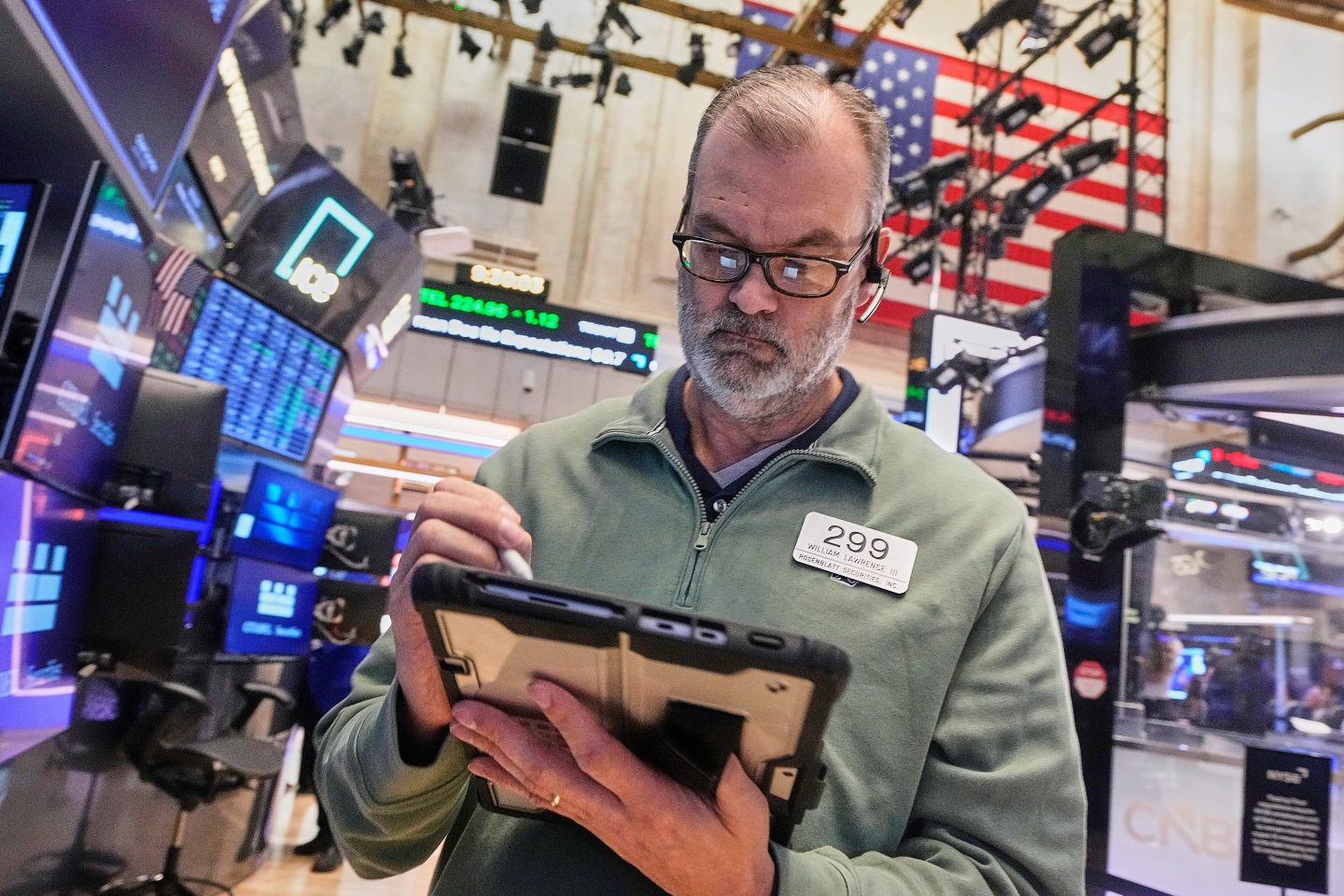Volkswagen’s planned $5 billion investment in Rivian is a lifeline for the troubled carmaker—but not necessarily the one you may think.
The cash injection plugs a hole in Rivian’s spending plans, providing much-needed investor confidence in founder R.J. Scaringe at a critical juncture when other EV startups like Fisker are declaring bankruptcy.
But the world’s second-largest carmaker isn’t helping a U.S. Rival out of some altruistic notion to drive the adoption of zero-emission electric vehicles.
It’s flat-out desperate after years of effort and billions of dollars spent trying to narrow Tesla’s competitive edge in the crucial field of vehicle software with nothing to show.
In exchange for the money, Scaringe will grant Volkswagen access to its so-called single stack software architecture, which can affect changes in every part of the vehicle from top to bottom, just like Tesla.
“What we realized over the last few years is the enormous difficulty for incumbent existing auto manufacturers to develop their own full stack software,” Scaringe told investors on Tuesday.
This is exciting! Volkswagen Group CEO Oliver Blume and I are thrilled to announce the formation of a joint venture between our two companies. This partnership brings Rivian’s software and zonal electronics platform to a broader market through Volkswagen Group’s global reach and… pic.twitter.com/11XVNUo89J
— RJ Scaringe (@RJScaringe) June 25, 2024
The Rivian founder and CEO said the industry’s approach to software developed over several decades. Various electronic components to regulate everything from fuel injection to body control sprang up over time, each with its own software. This inevitably led to an increasingly tangled web of parts that struggled to function as a whole.
“The challenge for an incumbent existing [automaker] is if you built a deep dependency on suppliers for making all these ECUs to flip the switch to move off of that,” Scaringe said.
Your typical Volkswagen car contains 50 to 70 individual electronic control units (ECUs) supplied by roughly 200 different companies. Engineers have estimated that the annual cost to integrate them in a vehicle can amount to a figure in the low hundreds of millions of euros for the brand, as something on the order of 10,000 bugs needs to be patched by the start of a new model’s series production.
Rivian’s architecture would collapse the dozens of different ECUs Volkswagen employs in most cases into a handful, minimizing the amount of wiring and cables that need to be installed while dramatically reducing complexity and cost.
“I really deeply believe this is one of the hardest things for existing manufacturers to do just because of the way historically the electronics and software space has evolved within automotive,” Scaringe said.
Volkswagen’s long-running headache with software
A number of EVs like the Nissan Leaf and BMW i3 hit the market around the same time that Tesla launched the Model S in 2012, when Elon Musk’s superpower was simply making the technology desirable.
But Musk really revolutionized the industry by being the first to apply software operating systems, which are well-known from smartphones, to vehicles.
This allowed Musk’s company to constantly push out to the fleet new features and updates to owners over the air well after they bought a car.
By comparison, traditional automakers concentrated on building and distributing their products wholesale—once a vehicle left the factory gate, the relationship with the actual end user belonged to the dealer, and there was little incentive or ability to offer improvements.
In 2015, engineers at German automakers began to recognize that they were not only years behind Tesla in adding new functions remotely via the cloud, but that software would increasingly come to define vehicles moving forward.
Are layoffs at VW incoming?
Volkswagen first revealed its plan to develop an operating system of its own capable of replicating Tesla’s single software stack that controls every aspect of the car late in 2017.
Two years later, the task was assigned to a newly created unit called Car Software Organization, later renamed Cariad.
However, even as the term “software-designed vehicles,” or SDVs, became the new buzzword in the industry, attempts to acquire the tech sector’s deep expertise in coding and its rapid iterative development approach proved halting at best.
Cariad lost €4.5 billion ($4.8 billion) over the past two years and caused numerous product launch delays across the VW group.
In addition to investing up to $3 billion in Rivian equity, Volkswagen will cough up $2 billion to form a joint venture with Rivian to develop technology for such SDVs.
Both carmakers will incorporate the JVs’ technology in the latter half of the decade, but Volkswagen’s statement specifically references its ability to gain access to Rivian’s current software platform in the short term as well.
What this means for Cariad was not immediately spelled out.
According to its own website, its roughly 6,500 employees worldwide work on “transforming cars into software-defined vehicles.”
When you boil it all down, they have just one job—now seemingly being taken over by a new joint venture with Rivian.
In a statement to Coins2Day, the company insisted the Rivian deal would complement Cariad, but UBS analysts are not so sure.
“The logical consequence of the new partnership seems that VW’s own software unit Cariad needs to be right-sized to avoid double-spending,” analysts at the Swiss bank wrote on Wednesday.
Five years after Volkswagen first began sketching out its software roadmap and billions of dollars later, it looks as if Cariad may have been a bottomless pit this whole time.













